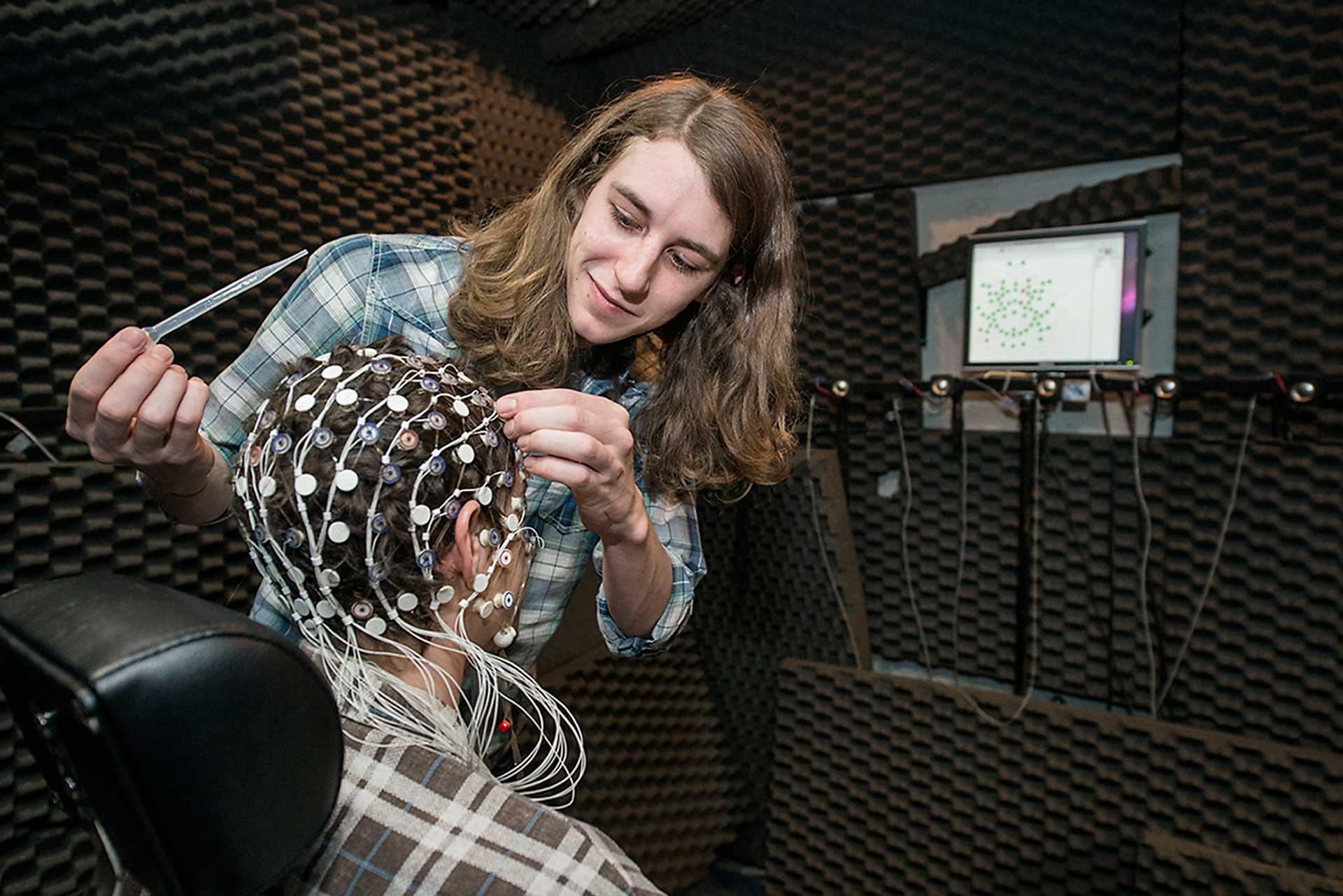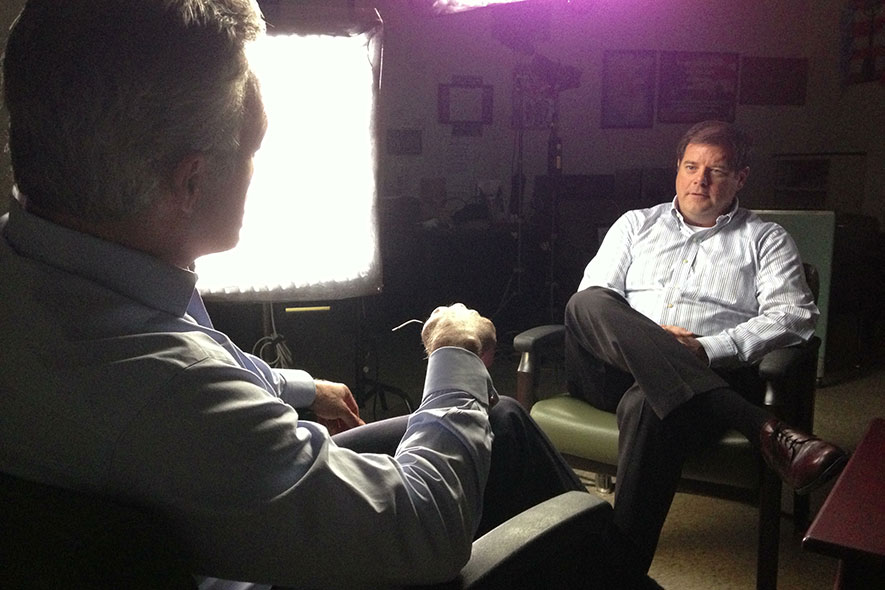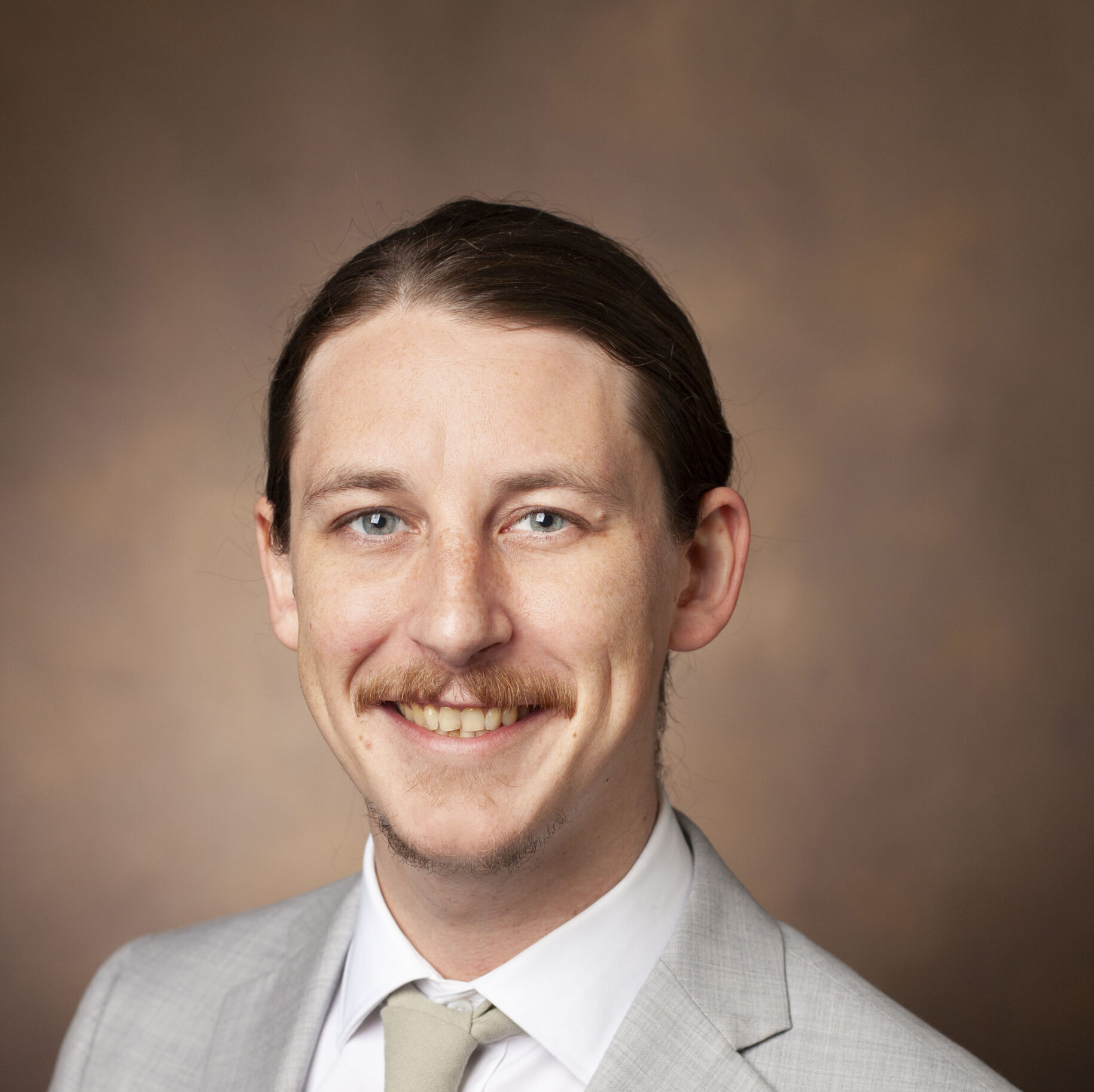
Psychology
Advance your career and collaborate with expert faculty, gain research experience, and boost career prospects.
Psychology, Applied Research and Methodology Concentration, M.A.
The Applied Research and Methodology Psychology Program is designed to improve your professional and academic competitiveness by expanding your knowledge and skills in research methods and statistical analysis, as well as core principles of psychology. During your course of study, you will work closely with outstanding faculty with a wide range of expertise to actively engage in research using state-of-the-art facilities. You will have the opportunity to make significant research contributions to areas such as social psychology, learning, memory, and developmental psychology, as well as cognitive neuroscience or psychopharmacology. Students can also specialize in behavior analysis and take the courses required to obtain certification as a board-certified behavior analyst.
We recommend looking at faculty interests on the Faculty tab to find someone you are interested in working with. Faculty strongly encourage potential candidates to reach out for more information about specific labs and research opportunities before applying to the program. Our goal is to foster the success of students from all backgrounds - regardless of race, ethnicity, national origin, religion, sexual orientation, gender, gender identity or expression, age, ability, or culture - by giving them the best academic experience possible both inside and outside the classroom. Why should I choose MTSU's Applied Research and Methodology Psychology Program?
- Focused on Affordability: Affordable tuition; two-year program; available graduate assistantships.
- Demonstrated Student Success: Receive individualized mentorship and actively engage in research with faculty mentors who are recognized experts in their field; Opportunities to travel to and share your findings at national professional conferences; Boost your competitiveness for Ph.D. programs and job markets with strong research and methodological skills.
- Excellent Location: Only 50 min from downtown Nashville; Middle Tennessee is home to several major corporate headquarters and a continuously growing economy which contributes to an ever-expanding job market with strong research and analytical needs.
If you live in one of these states: AL AR DE FL GA KY LA MD MS OK SC TN TX VA WV; you may be able to attend MTSU at in-state rates under the Academic Common Market program.
News Briefs

'60 Minutes' highlights Reeder's PTSD work with veterans
Dr. Kevin Reeder (M.A., experimental psychology, 1996) was featured in a 60 Minutes report on innovative therapies being used to treat veterans with post-traumatic stress disorder. "The War Within" segment in November 2013 highlighted the PTSD program Reeder runs at the North Little Rock Veterans Affairs facility for veterans struggling with the aftermath of combat. "A big focus was how hard veterans worked at getting their lives back," Reeder says. Methods at the Central Arkansas VA program are helping three out of four patients, who come from across the southern U.S. Prolonged exposure and other therapies used with victims of physical or sexual abuse are helping ease the similar symptoms of war veterans with anxiety disorder, Reeder says. One in five veterans of the Iraq and Afghanistan wars have been diagnosed with anxiety disorder. Reeder, whose late parents Glen and Ernestine N. Reeder taught at MTSU, joined the military mid-semester while at MTSU and served in Saudi Arabia during Operation Desert Storm.

From MTSU Student to VUMC Professor: Dr. Pridmore's Path in Medical Imaging
Dr. Michael Pridmore's journey to becoming an Assistant Professor of Radiology at VUMC began at MTSU, where he cultivated his passion for neuroscience through his B.S. in Psychology with a Neuroscience minor and M.A. in Experimental Psychology. These degrees provided the foundation for his doctoral studies at Vanderbilt University, culminating in a PhD focused on multiparametric MRI of neurodegeneration. Today, Dr. Pridmore continues to push the boundaries of medical imaging, applying his expertise to improve the diagnosis and understanding of complex conditions. He inspires current MTSU students, demonstrating the potential for groundbreaking research careers that stem from a solid foundation in the basic sciences. Learn more about Dr. Pridmore's work at https://www.vumc.org/radiology/index.php/person/michael-pridmore-phd
News Briefs
'60 Minutes' highlights Reeder's PTSD work with veterans

Dr. Kevin Reeder (M.A., experimental psychology, 1996) was featured in a 60 Minutes report on innovative therapies being used to treat veterans with post-traumatic stress disorder. "The War Within" segment in November 2013 highlighted the PTSD program Reeder runs at the North Little Rock Veterans Affairs facility for veterans struggling with the aftermath of combat. "A big focus was how hard veterans worked at getting their lives back," Reeder says. Methods at the Central Arkansas VA program are helping three out of four patients, who come from across the southern U.S. Prolonged exposure and other therapies used with victims of physical or sexual abuse are helping ease the similar symptoms of war veterans with anxiety disorder, Reeder says. One in five veterans of the Iraq and Afghanistan wars have been diagnosed with anxiety disorder. Reeder, whose late parents Glen and Ernestine N. Reeder taught at MTSU, joined the military mid-semester while at MTSU and served in Saudi Arabia during Operation Desert Storm.
From MTSU Student to VUMC Professor: Dr. Pridmore's Path in Medical Imaging

Dr. Michael Pridmore's journey to becoming an Assistant Professor of Radiology at VUMC began at MTSU, where he cultivated his passion for neuroscience through his B.S. in Psychology with a Neuroscience minor and M.A. in Experimental Psychology. These degrees provided the foundation for his doctoral studies at Vanderbilt University, culminating in a PhD focused on multiparametric MRI of neurodegeneration. Today, Dr. Pridmore continues to push the boundaries of medical imaging, applying his expertise to improve the diagnosis and understanding of complex conditions. He inspires current MTSU students, demonstrating the potential for groundbreaking research careers that stem from a solid foundation in the basic sciences. Learn more about Dr. Pridmore's work at https://www.vumc.org/radiology/index.php/person/michael-pridmore-phd
Related Media

Psychology, Applied Research and Methodology Concentration, M.A.
What goals can I achieve with an M.A. in Applied Research and Methodology Psychology?
- Be successful in business, industry, or research-based workplaces. Our focus on research experience and statistical/analytical skills prepares our graduates to be highly competitive for a variety of positions in industry, government, or top-tier research institutions. Example positions include industry-based research and development, IRB professionals, policy development in science and technology, and lab management in medical or research settings.
- Achieve certification as a Board-Certified Behavior Analyst. Students who specialize in Behavior Analysis are prepared to become a board-certified behavior analyst (BCBA), which in Tennessee (and 27 other states) allows them to be licensed as a behavior analyst (LBA). There is great demand for licensed behavior analysts in the workplace throughout the country, especially in implementing Applied Behavior Analysis (ABA) therapy for individuals diagnosed with autism.
- Go on to earn a Ph.D. in psychology or a related field. Students benefit from our curriculum and tailored research experience when applying to highly competitive PhD programs.
Employers of MTSU alumni include
- APPLE Psychological Consultants (Maryville, TN)
- Lee University
- North Arkansas Veterans Administration Medical Center
- Oak Ridge National Laboratory
- University of Wisconsin-Madison Alzheimer’s Disease Research Center
- Vanderbilt University
Doctoral programs accepting recent graduates include
- Mississippi State University
- Northwestern University
- Texas A&M University
- Tilburg University, The Netherlands
- University of Alabama
- University of Tennessee Knoxville
- University of Utah
- Vanderbilt University

MTSU’s Career Development Center
MTSU offers a comprehensive Career Development Center that serves students throughout the full student experience and beyond. They collaborate with faculty and staff to equip students with the tools to be marketable to the world of work and continuing education.
Students can schedule an appointment or check online resources and job boards at mtsu.edu/career.
Students can find current internship opportunities by talking to faculty and visiting the University job and internship board called Handshake.
Wondering what you can do with your major? Check out our What Can I Do with A Major In guides.



Application Process
Applications will be evaluated until all available slots are filled. Graduate Record Exam (GRE) scores, current transcripts, and three letters of recommendation, and a personal statement of your goals as a student in experimental psychology are required in order to be considered for admission.
- Deadline for Fall admission: March 1
- Deadline for Spring admission: Oct. 1
Admission to the College of Graduate Studies is a dual process: The applicant first has to be accepted by the College of Graduate Studies, and then has to be accepted by the graduate degree program of their choice. The first step in applying to graduate school at MTSU is to apply online. If you have problems, contact the graduate coordinator in the College of Graduate Studies who oversees the discipline in which you are interested.
For further information about the Applied Research and Methodology program, contact Dr. Cyrille Magne.
Research Lab Directory
| Lab | Research Overview | Area of Specialization |
|---|---|---|
| Brain and Language Lab (BLL)
Director: Dr. Cyrille Magne |
Our research program lies at the interface of Psychology, Neuroscience and Education. The BLL provides a collaborative environment in which undergraduate and graduate students work together to address basic questions regarding the relationship between prosody sensitivity (speech rhythm and intonation), musical aptitude and language skills, using behavioral, eye-tracking and neuroimaging methodologies. | Neuroscience |
| Identity, Belief, Experience, and Personality (IBEP) Lab
Director: Dr. William Langston |
We are interested in the development and maintenance of belief. The basic model is that beliefs form in one stage and that updating and maintenance of beliefs is a separate stage. Everyday interactions and feedback can lead to perfectly reasonable (albeit anomalous and contrary to reality) beliefs. If the sensory system delivers an experience, and some form of paranormal belief provides a reasonable explanation for that otherwise inexplicable experience, then belief is a perfectly reasonable response. What factors (environmental or endogenous) affect the formation of beliefs? What variables influence the updating of beliefs when new information is provided? Recent projects have been exploring the belief change stage, and my lab is working to evaluate people who have left a belief system to see how experience may play a role in that decision. | Cognition |
| Lethal Use of Force Lab
Director: Dr. John Pennington |
Promoting the well-being of citizens and police officers through practical, data-inspired interventions designed to reduce the use of lethal force in cases involving unarmed citizens. Each year our lab has approximately 3-4 undergraduate researchers, each exploring a different facet of lethal force. Much of this research is archival in nature — we rely on internet accessible information provided by news media, law enforcement officials, and private citizens (e.g., cell phone videos). To date, these efforts have resulted in student URECA awards, conference presentations, and a recent publication. | Social Psychology |
| Cognitive Aging Lab
Director: Dr. James Houston |
In our lab, we explore the way that we process information during the normal aging process. We have many avenues of research in our laboratory, with research projects commonly conducted in the areas of attention, perception, visual word recognition, and working memory. As an experimental psychology laboratory, the majority of our work comprises the assessment of performance in manual and computerized tasks. Along with behavioral measures of performance, we also commonly incorporate measures of neurophysiological activity through our electroencephalogram (EEG) suite. EEG allows for precise measures of underlying functional activity of the brain during engagement in cognitive tasks. | Neuroscience |
| Olfaction and Taste (OAT) Lab
Director: Dr. Jessica Gaby |
The OAT Lab focuses mainly on how olfactory information (smell) influences our daily lives. We are located in ACB 317. Our current projects include: the impact of olfactory information and body odor in the workplace; the impact of diet on human body odor; olfactory perception of household and social communication odors in cis and trans individuals; the impact of COVID and COVID safety protocols on our relationship to odors in our daily lives. The lab is strongly focused on undergraduate research (though we are always open to taking on grad students!), and Dr. Gaby mentors students in creating and executing their own research projects once they are fully trained. | Sensation and Perception |
| Social and Affective Neuroscience (SAN) Lab
Director: Dr. Tiffany Rogers |
The SAN lab routinely trains undergraduate students to carry out experiments in mouse models to better understand the neural circuitry underlying social behaviors. We investigate topics such as social motivation and social reward and apply pharmacology and optogenetics to identify neurotransmitter systems involved in typical and aberrant social behavior. | Neuroscience |
| Translational, Experimental, and Applied Behavior Analysis (TEABA) Lab
Co-Directors: Ann Galizio & Jay Hinnenkamp |
The TEABA lab adopts a three-pronged approach to studying behavior. First, we utilize highly controlled research with humans and rats to study and understand basic learning processes. Second, we also study these same learning processes in more naturalistic and clinical environments to extend our understanding of these concepts and their applicability to everyday behavior. Finally, we use the learning concepts and principles identified in basic and translational settings to address socially significant problems, such as the behavioral deficits associated with autism spectrum disorder. Our current research interests include social behavior, creativity, conditioned reinforcement, and choice. |
Behavior Analysis |

CONTACT US

















